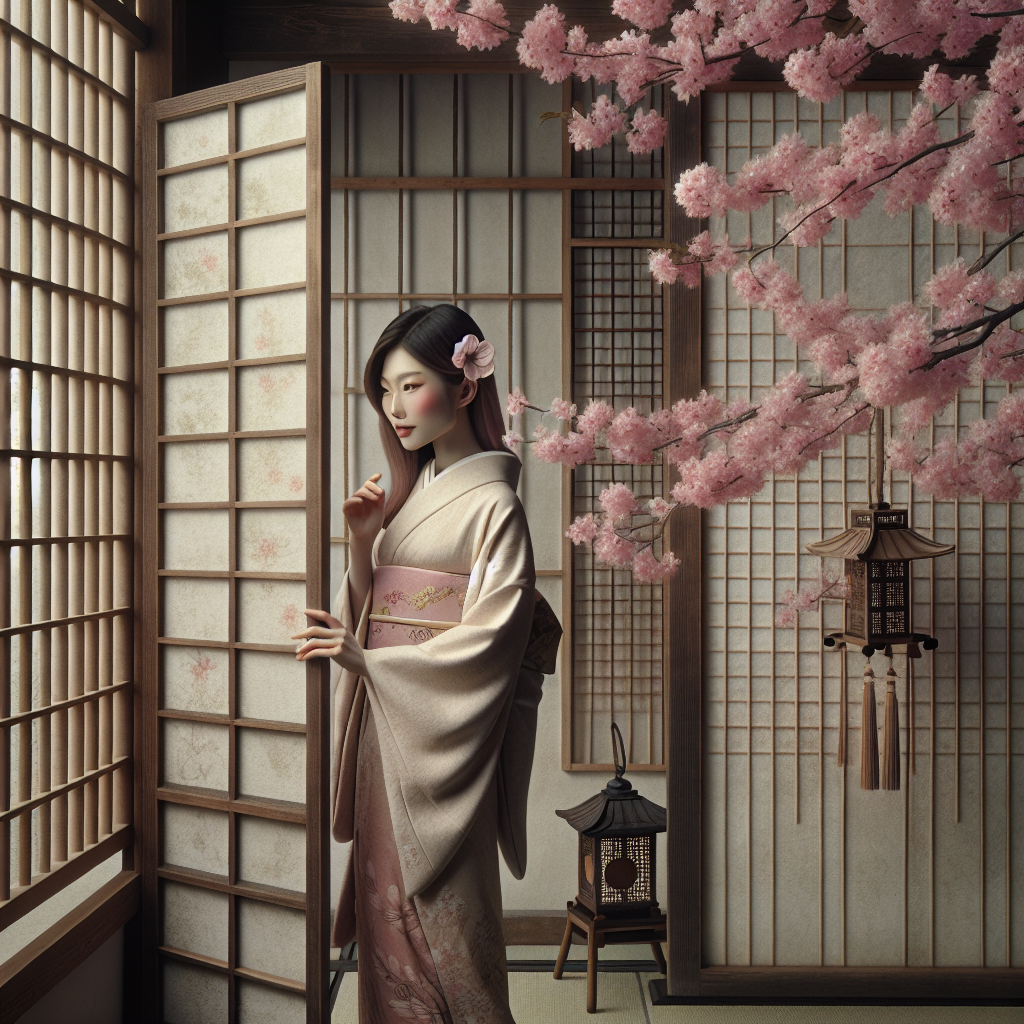
What does "ecchi" mean in Japanese slang?
If you’ve ever dipped your toes into anime or manga culture, chances are you’ve come across the word ecchi. Maybe it popped up during a playful wink, a cheeky glance, or a lighthearted risqué joke. But what does ecchi really mean in Japanese slang? Is it just casual “sexy,” or is there something deeper behind its playful surface? Let’s dive in.
The Soft Edge of Sexuality: What Is Ecchi?
Think of ecchi (エッチ) as the flirty, mischievous little sibling of Japanese words connected to sexuality. Unlike more explicit terms that jump straight into adult themes, ecchi tiptoes around those edges with a playful grin. It’s a word you’d use to describe something naughty—but in a way that feels innocent, fun, and sometimes even charmingly awkward.
Unlike hentai, a term many non-Japanese speakers recognize as describing pornographic content, ecchi is much milder and softer. It covers everything from a teasing adjective meaning “sexy” or “lewd” to a slang noun or verb referring to sexual acts—but always with a lighthearted, casual tone.
Why Does Ecchi Feel So Different?
Picture an anime scene where a character accidentally trips and briefly flashes someone, or delivers a sly comment filled with double meanings. That’s ecchi. It’s sexuality with a wink, not a shout.
This subtle style ties into a broader cultural tendency in Japan toward indirect communication—especially about sexuality. Instead of blunt, in-your-face sexual expressions, people often prefer subtle, suggestive hints. Ecchi perfectly embodies this—it’s a playful tease that never crosses the line into discomfort or taboo.
How Is Ecchi Used in Everyday Conversation?
Among friends, calling someone ecchi is a lighthearted way to tease them for acting flirtatiously or cheekily. It’s affectionate but teasing—sort of like calling a buddy a “rascal” or “mischievous.”
As a verb, ecchi suru (エッチする) literally means “to have sex.” But compared to more explicit terms, it’s softer and less clinical. It might be whispered privately between close friends or used jokingly, always carrying a fun, gentle flavor.
Ecchi in Pop Culture: Anime and Manga’s Favorite Flavor
Anime and manga fans know ecchi as a genre or style filled with risqué content—but not outright pornographic. Shows or comics labeled ecchi often include suggestive situations, flirty humor, and characters caught in awkward yet innocent scenarios.
Imagine the blush of a schoolgirl in an embarrassing pose or playful teasing between characters—that’s classic ecchi.

If this playful style appeals to you, there’s also cool merchandise celebrating it. For example, check out the Cheeky Pink-Haired Anime Girl Enamel Pin – Ecchi – Tongue out. It captures that ecchi charm perfectly—fun, flirty, and lighthearted.
Ecchi vs. Hentai: Drawing the Line
For newcomers, the difference between ecchi and hentai can be confusing since both relate to sexuality. But here’s the key: hentai roughly means “pervert” or “perversion” and is used for explicit pornographic content. It’s serious, direct, and adult.
By contrast, ecchi is like a smirk over coffee—suggestive, playful, and often humorous. While hentai shouts “adult content,” ecchi quietly says, “just a little naughty, nothing too serious.”
It’s this teasing, gentle nature that makes ecchi popular both in anime fandom and everyday slang.
Linguistic Roots: Where Does Ecchi Come From?
Interestingly, ecchi likely started as a playful pun on the English letter “H,” which in Japanese slang abbreviates hentai (sexual perversion). Over time, ecchi softened into a fun, casual term meaning “something a bit naughty” rather than outright dirty or offensive.
It’s much like English speakers joking about something “naughty” or “cheeky” without serious intent—ecchi carries that same lighthearted spirit.
How Ecchi Reflects Japanese Cultural Attitudes
The word ecchi shows a uniquely Japanese way of handling sexuality—as something indirect, layered, and teasing. Instead of direct discussion, the culture often favors innuendo and playful hints.
This approach lets people explore adult themes in ways that are socially comfortable and lighthearted. It keeps conversations respectful but still connected to human attraction and relationships.
Embracing Ecchi in Everyday Life (and Style)
Outside language and cartoons, ecchi vibes appear in fashion and collectibles. The style is risqué enough to be exciting, but not scandalous.
The Cheeky Pink-Haired Anime Girl Enamel Pin – Ecchi – Tongue out perfectly captures this playful spirit. With its bold attitude and mischievous smile, it’s a subtle nod to ecchi culture that’s fun to wear or collect.
Why Ecchi Matters: More Than Just a Slang Word
At first, ecchi might seem like a simple term for something “sexy” or “naughty.” But it actually tells a bigger story about language, culture, and the way people communicate intimacy with humor and subtlety.
Ecchi reminds us that sexuality can be expressed in ways that are fun, flirtatious, and cheeky—without losing respect or lightheartedness.
If you’ve ever enjoyed anime or manga with those blush-worthy, teasing moments, you’ve experienced ecchi firsthand. It’s like a wink across the room—playful, slightly naughty, and totally unforgettable.
Next time you hear ecchi or see it in your favorite shows, know it’s an invitation to enjoy the dance between innocence and flirtation—a balance that’s uniquely Japanese.
Dive into playful culture through language, media, or collectibles. After all, a little ecchi blush never hurt anyone!
What does "ecchi" mean in Japanese slang?
"Ecchi" is a playful Japanese slang term referring to something mildly naughty or sexy, often used with a lighthearted, teasing tone in anime, manga, and everyday conversation.
How is "ecchi" different from "hentai"?
"Ecchi" is a softer, playful term for flirtatious or mildly risqué content, whereas "hentai" refers to explicit adult or pornographic material. Ecchi is light and innocent compared to hentai's explicitness.
Where can I find ecchi-themed merchandise?
Our site features unique ecchi-themed collectibles like the Cheeky Pink-Haired Anime Girl Enamel Pin, perfect for fans who enjoy playful, risqué anime culture.

